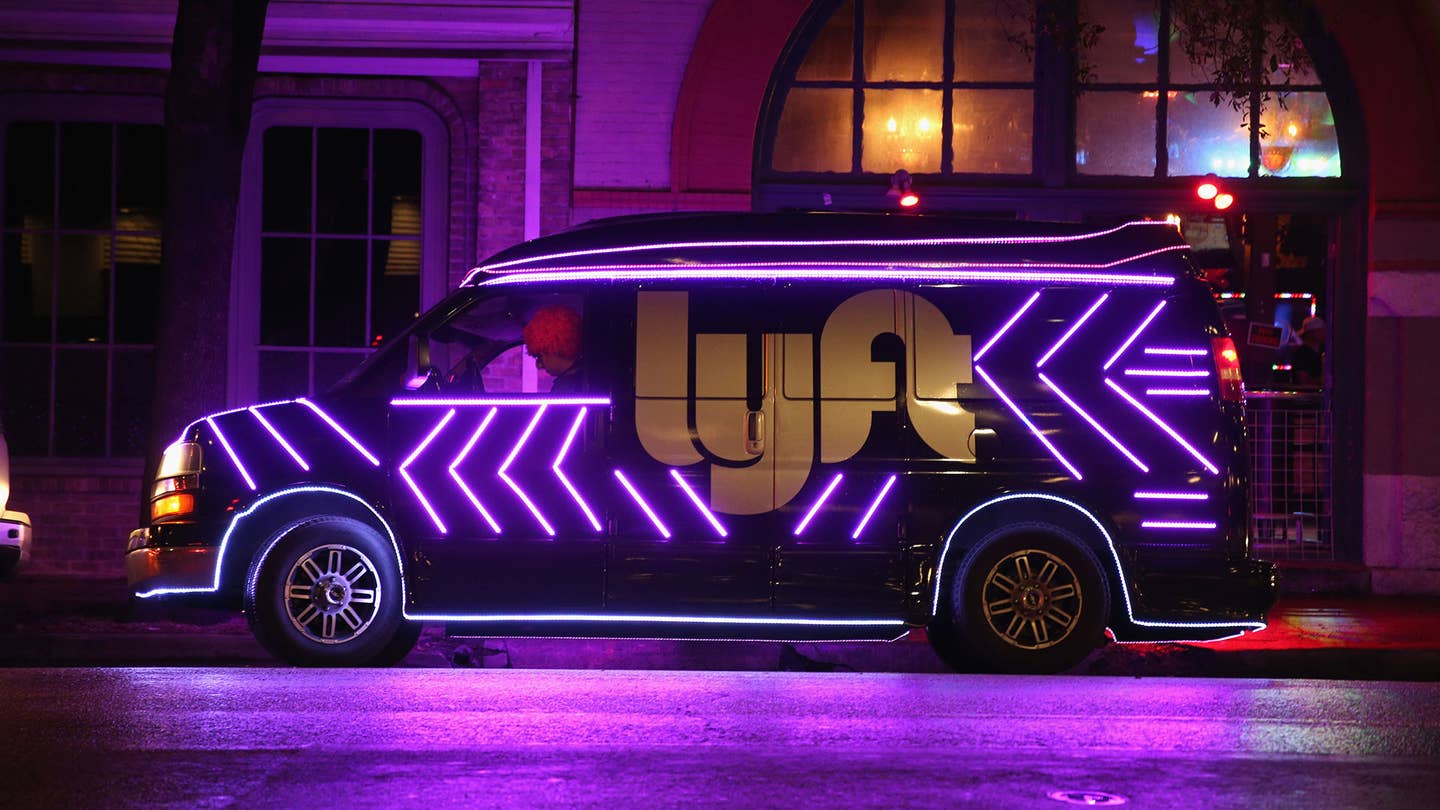Most Lyft Trips Will Be in Self-Driving Cars by 2021, Co-Founder Says
Company president also says Elon Musk is wrong when it comes to one aspect of our autonomous automotive future.

The president of Lyft claims self-driving cars will make up the majority of the ride-hailing service’s vehicles within the next five years, and the development of autonomous vehicles will lead to enormous changes in the way Americans interact with both transportation and infrastructure over the next decade.
In a post posted on the website Medium that comes across somewhere between a statement and a manifesto (it’s more than 4,000 words long), Lyft co-founder John Zimmer described his expectations that his company would leap into the world of autonomous driving as part of a rapid global adoption of the self-driving vehicles.
The statement comes at a time when Lyft arch-rival Uber has been dominating the self-driving car news for weeks with its autonomous driving pilot program in Pittsburgh, which kicked off earlier this month.
Lyft and General Motors have been engaged in their own test of self-driving car technology as part of the General’s $500 million investment in the company, with test vehicles already on the road in Phoenix and San Francisco, according to Zimmer. Indeed, GM has said its first self-driving car will be an electric vehicle made for Lyft, likely an autonomous version of the forthcoming Chevy Bolt electric car/wagon/crossover/whateveryoucallit.
But the Lyft CEO didn’t stop there. Zimmer also staked out the bold position that he expects private vehicle ownership to become all but a thing of the past in most major U.S. cities by the year 2025. Far from seeing private cars as a symbol of freedom, he argues, many Americans now consider a personal vehicle as a “ball and chain”—one that costs an average of $9,000 per year to own and maintain.
Zimmer also used the letter to take a bit of a potshot at Tesla CEO Elon Musk, claiming that a large network of self-driving personal vehicles will not, as Musk has suggested, be the driving force behind a move to autonomy.
“A network of vehicles is critical,” Zimmer wrote, “but the transition to an autonomous future will not occur primarily through individually owned cars. It will be both more practical and appealing to access autonomous vehicles when they are part of Lyft’s networked fleet.”
We at The Drive have already made a note in our calendars to see if Zimmer's claims have come true circa January 1st, 2021.
